In a surprise diplomatic tour of the Baltic states, Ukrainian President Volodymyr Zelenskyy has issued a stark warning about the consequences of Western hesitation on aid, asserting that it only serves to embolden Russia in its nearly two-year war on Ukraine. Zelenskyy, during his visit to Lithuania, emphasized the critical need for strengthening Ukraine's air defenses and replenishing ammunition supplies, particularly in the face of intensified missile and drone attacks from Russia.
Addressing his Lithuanian counterpart, Zelenskyy declared, "We have proven that Russia can be stopped, that deterrence is possible." However, he expressed concern that uncertainty among Western partners regarding financial and military assistance to Ukraine could inadvertently bolster Russia's resolve. Zelenskyy added, "He [Russian President Vladimir Putin] won't finish this [war] until we all finish him together," underscoring the potential regional implications if decisive action is not taken.
During talks with Lithuanian President Gitanas Nauseda, Zelenskyy expressed gratitude for Lithuania's military assistance and goodwill. Nauseda announced the forthcoming dispatch of M577 armored vehicles to Kyiv as part of a 200-million-euro ($220m) military aid package. The Baltic states, including Lithuania, Latvia, and Estonia, have emerged as steadfast political, financial, and military supporters of Ukraine.
Zelenskyy's tour comes ahead of the second anniversary of Russia's full-scale invasion of Ukraine in February 2022, with the conflict showing no signs of abating. As Ukraine faces increased shelling from Russia and retaliates along the border, the urgency for international support has grown.
In Estonia, Prime Minister Kaja Kallas reaffirmed the country's support for Ukraine, emphasizing the need to maintain focus during these crucial times. Estonia's Foreign Minister Margus Tsahkna pledged to allocate 0.25 percent of its GDP to military aid for Ukraine over the next four years.
The emotional investment in Ukraine's war effort is particularly strong in the Baltics, where the three former Soviet states declared independence at the end of the Cold War to escape Russia's influence. Zelenskyy's diplomatic efforts aim to rally support from these allies, with the trip seen as a crucial step in garnering assistance from Washington and Brussels.
However, the road ahead is challenging, as a 50-billion-euro ($55bn) European Union aid package remains in limbo due to a Hungarian veto, and the United States Congress is divided on providing additional aid to Kyiv. The potential financial retreat by the United States, a major contributor of military aid to Ukraine, raises concerns about the continuity of European support for the war.
As Zelenskyy continues his diplomatic engagements in Estonia and Latvia, the international community faces a critical juncture in deciding the extent of its commitment to Ukraine in the face of escalating Russian aggression.



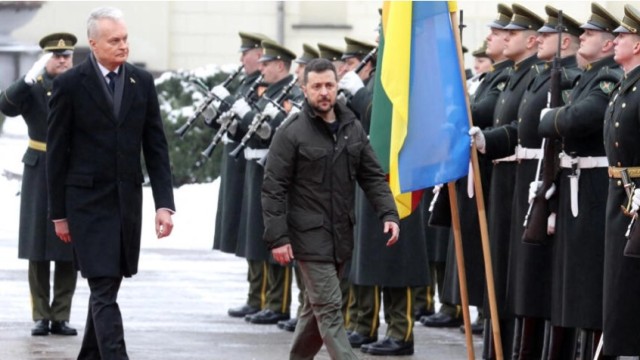
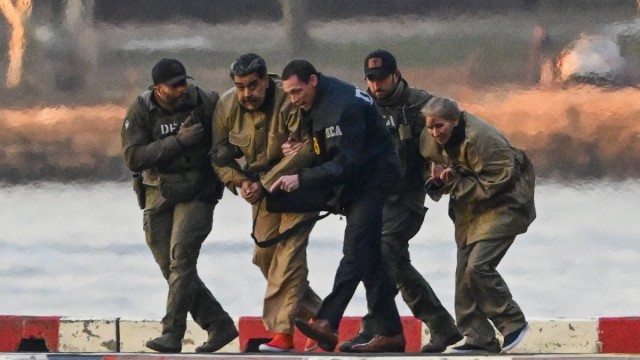
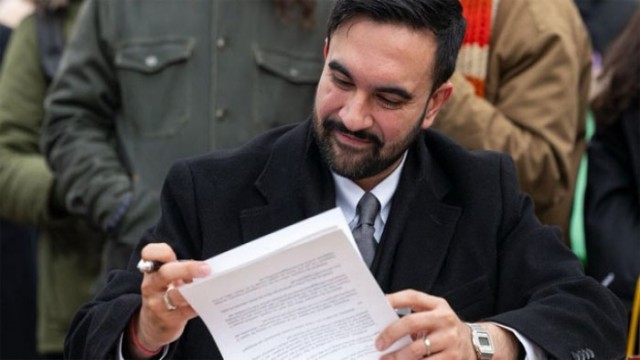

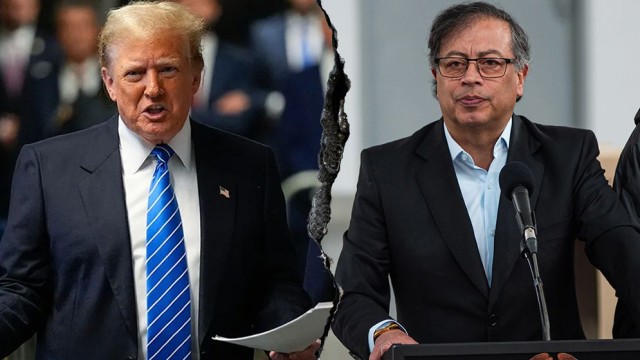
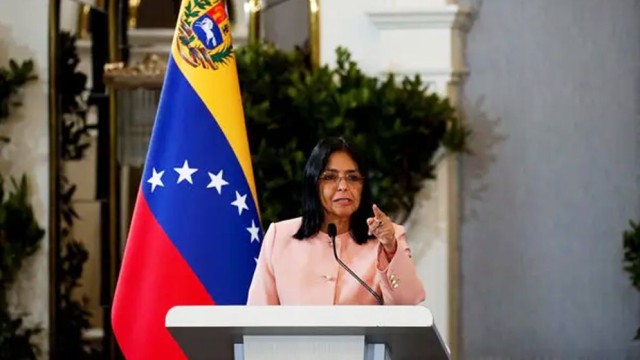
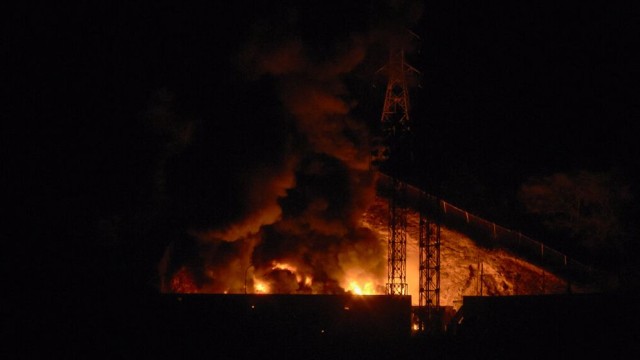
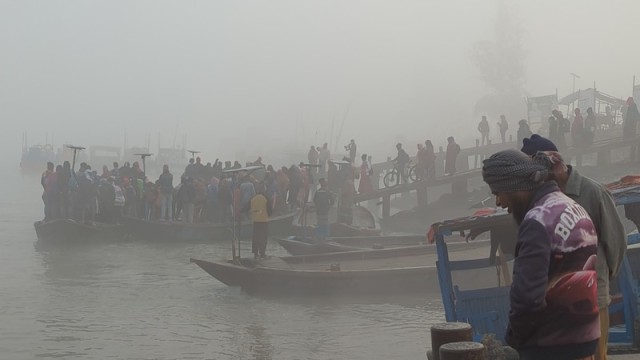
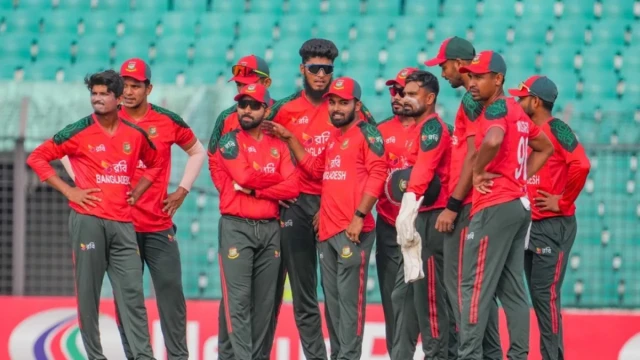
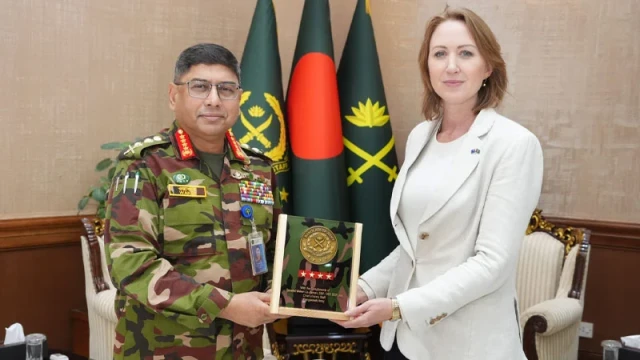
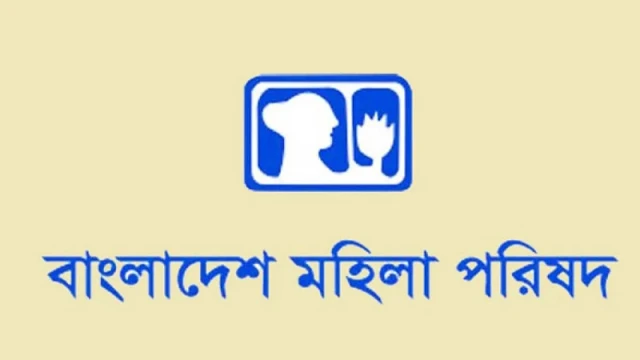
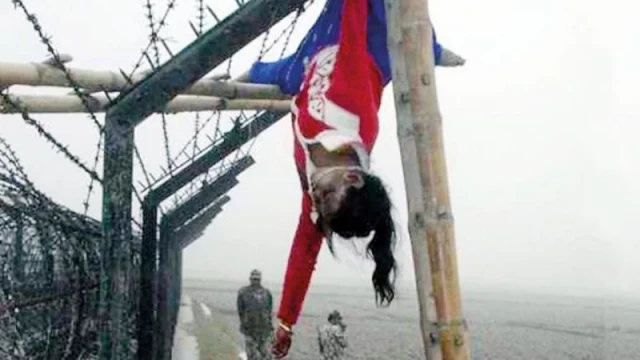
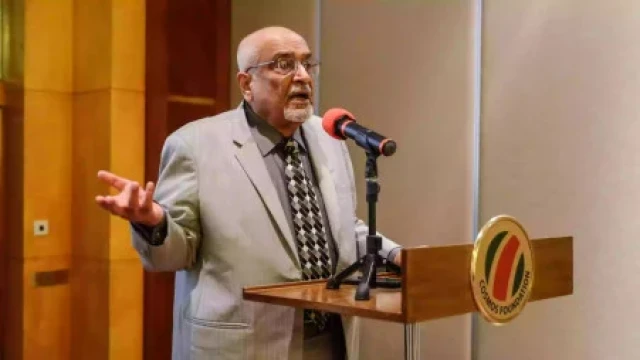
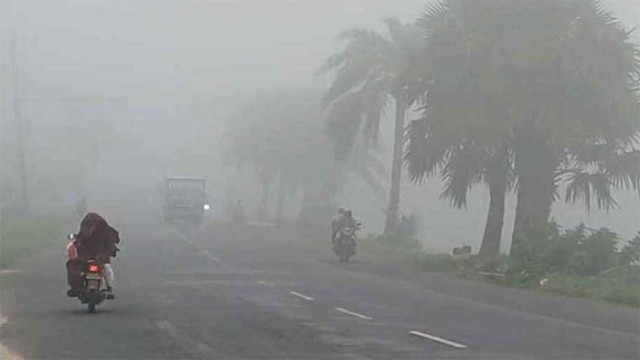
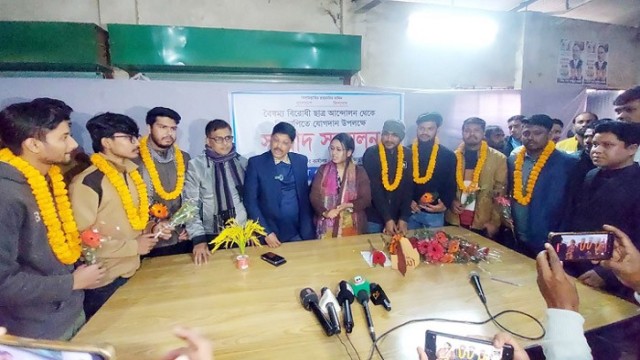
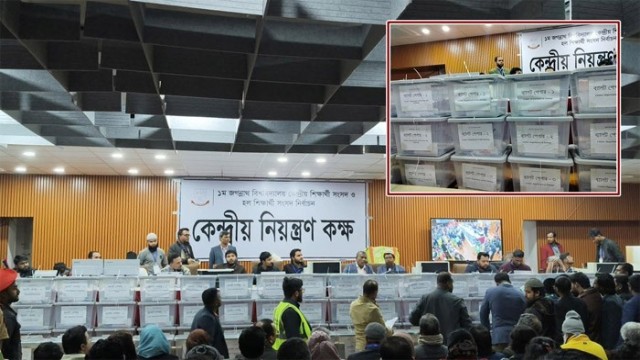
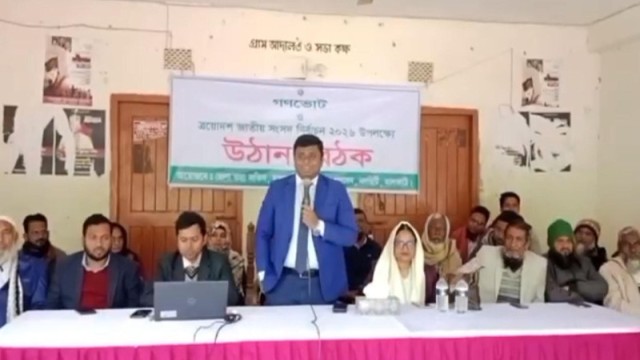

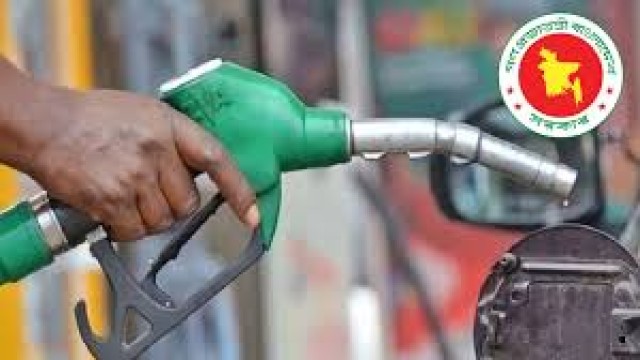
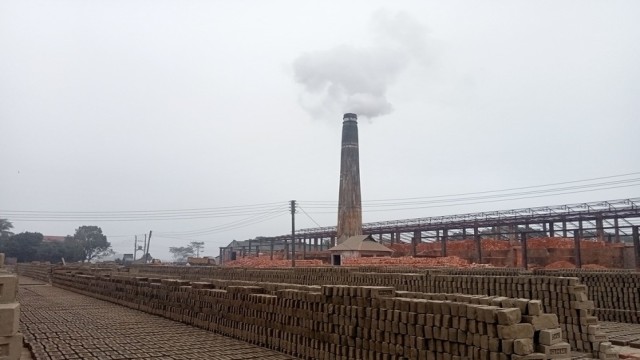
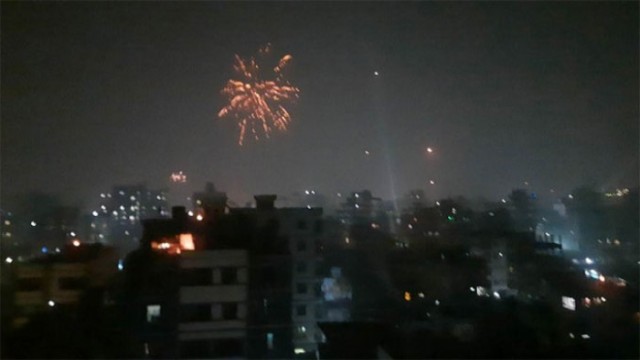
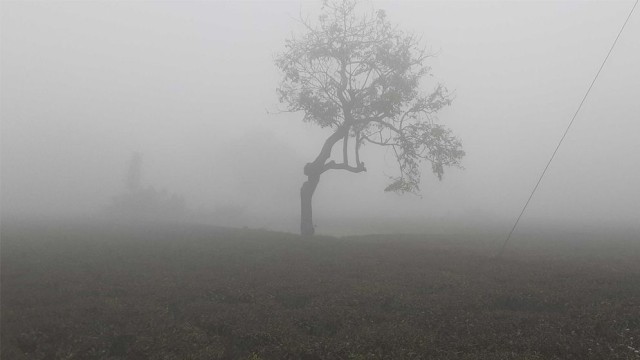

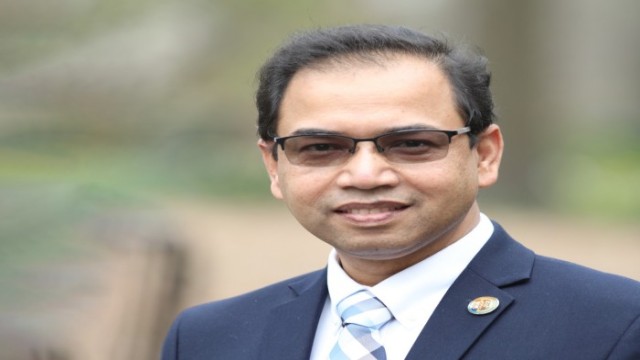
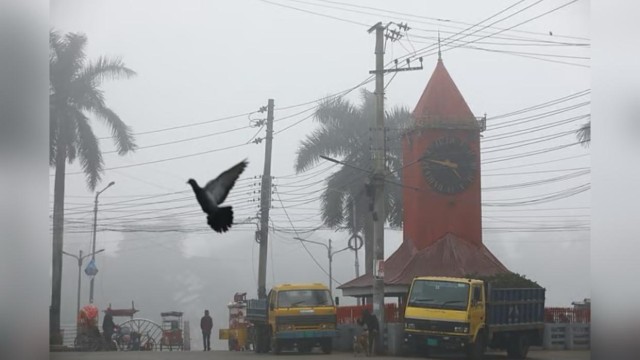
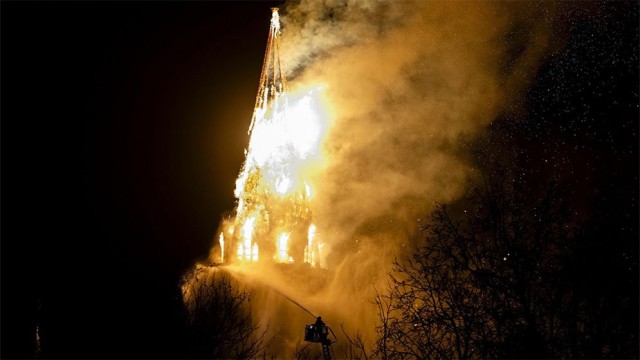
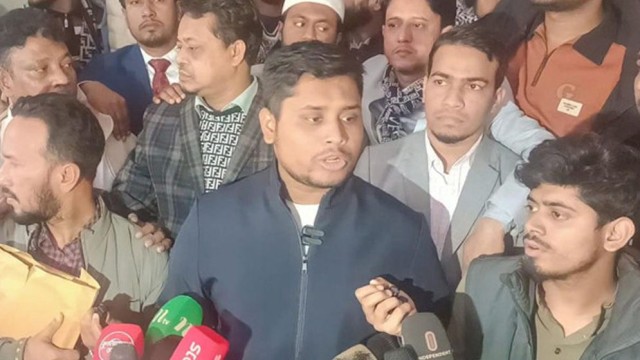
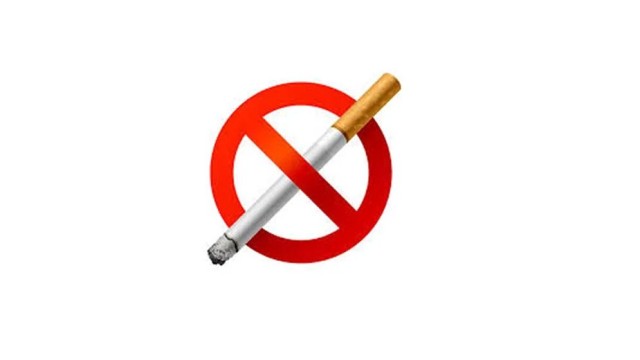
Comment: